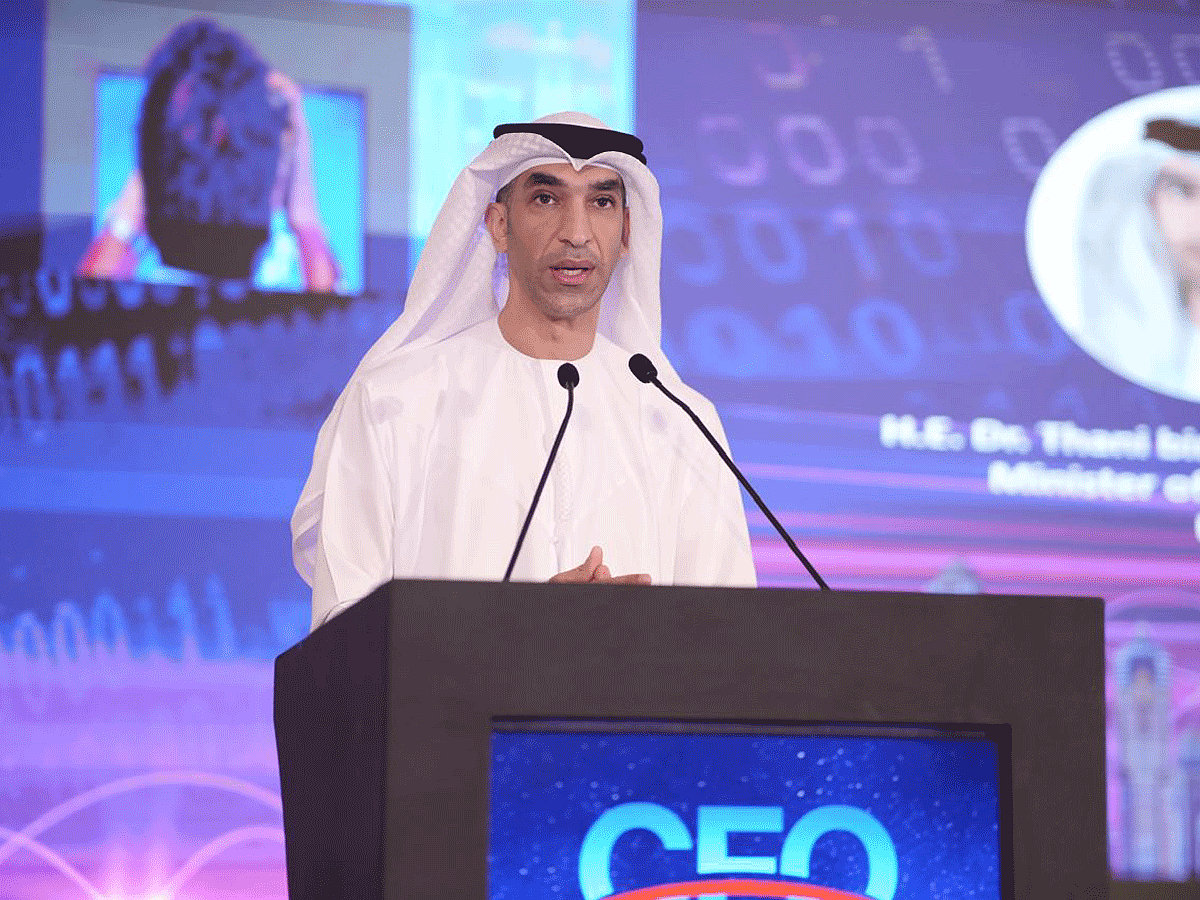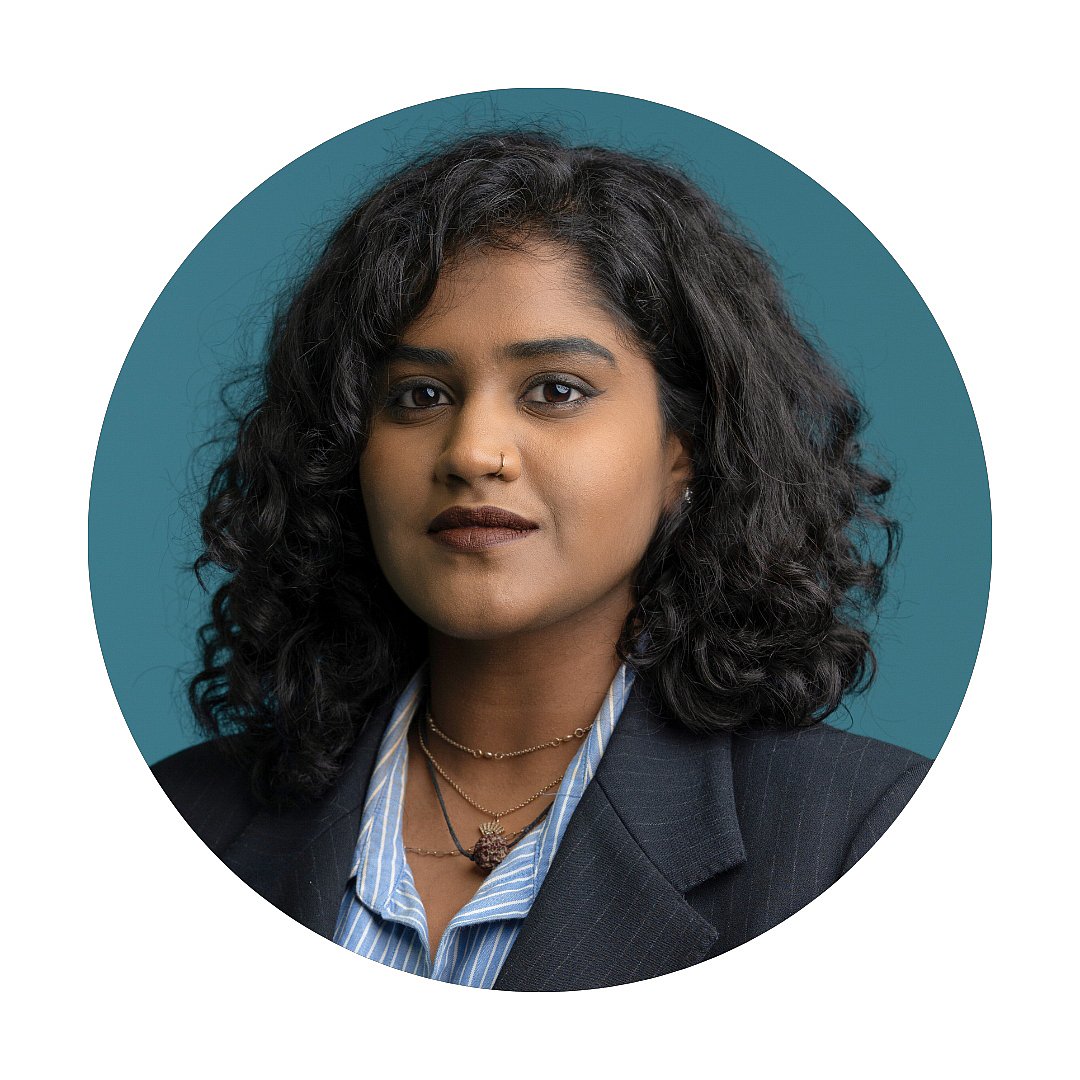Pakistan is an important partner for the UAE, says Dr Al Zeyoudi
Minister highlighted UAE–Pakistan trade ties and outlined nation’s long-term growth vision

Dubai: Pakistan remains a key economic partner for the United Arab Emirates, according to Dr Thani bin Ahmed Al Zeyoudi, UAE Minister of Foreign Trade. Speaking at the ICAP Middle East CFO Conference in Dubai, he said the two nations are broadening their cooperation across trade, logistics and investment.
“Pakistan, for us, is an important partner in these efforts,” he said. “Last year, we shared almost $8.6 billion in our non-oil trade, and we joined together in almost $3.3 billion pledge to develop railway, economic zones and transport modes on an important new trade corridor.”
Also Read
UAE minister calls for ‘profound and permanent’ shift in global investment strategyAgriculture anchors Pakistan’s exports to UAE with rising food demandUAE Minister of Foreign Trade hails $37.6b trade growth with India during H1 2025The UAE is working closely with Pakistan to strengthen connectivity and logistics through new corridors that support regional integration and South-South cooperation. Dr Al Zeyoudi said such initiatives would create new supply chain links and reinforce the UAE’s position as a regional hub for trade and investment.
“As the global economic center of gravity shifts eastward, we have the opportunity to accelerate its progress by connecting markets, building networks and supporting mutually beneficial growth in a fragmented world,” he said. “This is the agility required to deliver the competitive edge, but it needs to be matched with bold decisions and action.”
Trade and investment at record highs
Dr Al Zeyoudi said the UAE’s trade diversification strategy continues to deliver record results. Non-oil foreign trade reached $464 billion in the first half of 2025, marking a 24% year-on-year increase, four times the global trade growth rate. Exports rose 44.7%, accounting for 21.4% of total non-oil trade, the highest level in the country’s history.
He credited the progress to the UAE’s Comprehensive Economic Partnership Agreements (CEPA) programme, launched in 2021. The UAE has signed trade agreements with 32 countries across five continents, giving its exporters frictionless access to a quarter of the world’s population.
“Our ports and free zones are becoming increasingly important hubs in the world’s principal supply chains,” he said.
Foreign direct investment has also reached record levels. In 2024, the UAE attracted $45.6 billion in FDI, representing more than half of the total inflows into the Middle East. Outbound investments hit $23.4 billion, channelled into renewables, infrastructure and logistics projects across emerging economies.
Long-term growth vision for the UAE
Dr Al Zeyoudi said the UAE’s growth model is built on openness, innovation and strategic foresight. “The economic transformation we continue to pursue can only be achieved by anticipating what the world will look like not tomorrow or next year, but in five decades’ time,” he said.
Over the past 50 years, the UAE economy has expanded 24-fold, evolving into a global hub for trade, finance, manufacturing and retail. “We have built models of excellence in aviation, logistics, real estate, tourism, e-commerce and many other sectors, and we’re now building an ecosystem that embraces the possibilities of tomorrow’s technologies,” he added.
He said that openness to the world remains central to the UAE’s success. “The UAE welcomes investments that can power new industrial capabilities. We welcome talents that can boost innovation and entrepreneurship, and we welcome trade that can drive our productivity and sharpen our competitiveness.”
The minister said the UAE will continue to build partnerships that reinforce its role as a global connector. “We understand that forging stronger, deeper connections to our trade and investment partners will be key to our success,” he said.
Sign up for the Daily Briefing
Get the latest news and updates straight to your inbox
Network Links
GN StoreDownload our app
© Al Nisr Publishing LLC 2026. All rights reserved.
